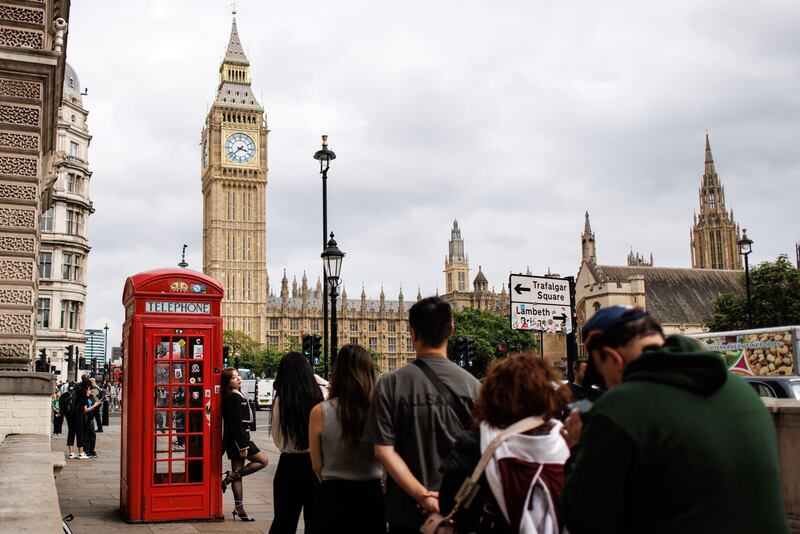Business leaders, skilled workers, and families across the UK are raising fresh concerns over the government’s latest immigration reforms, as a sweeping extension to settlement rules begins to take hold.
Under the changes, immigrants will now have to wait ten years — double the previous period — to qualify for indefinite leave to remain (ILR), a status that offers long-term security and access to public benefits. The move, aimed at reducing net migration, is already rippling across key sectors of the economy.
For one City of London banker, documented by Bloomberg, the cost is immediate: an extra £40,000 a year in university fees for his children, who no longer qualify for domestic tuition rates. In care homes, managers warn of a looming workforce crisis, as the government phases out overseas recruitment in the sector by 2028.
“This is a crushing blow to an already fragile sector,” said the charity Care England, highlighting the care industry’s dependence on foreign staff for roles many UK workers shun.
The reforms come amid intensifying political pressure. With net migration quadrupling between 2019 and 2023, the government is seeking to shore up public confidence ahead of looming elections. But business leaders and immigration experts warn the changes could inflict long-term damage on the UK’s competitiveness.
“Ten years is a very long time to spend without certainty,” said James, immigration lawyer. “The UK already has one of the most expensive immigration schemes globally.”
Corporate unease
In the City of London, uncertainty is rising. One senior financial services employee is now contemplating relocating to Dubai or the US to avoid spiralling education costs. Another worker at an international bank told Bloomberg she regretted moving to London from Asia, having purchased a home in the belief that permanent residency would be secured within five years.
Now, she faces the prospect of waiting a decade, during which her ability to change jobs is uncertain. “Had I known it might take this long, I would not have come,” she said.
Businesses must also shoulder rising costs. Companies will pay the government’s £1,000 annual immigration skills charge for an extra five years under the new regime. While large banks may absorb the costs, smaller firms could struggle.
“Small business owners are not immigration officers,” said Craig Beaumont, executive director of the Federation of Small Businesses. Recruitment experts also warn that the changes could hinder efforts to attract global talent.
“To retain experienced international staff, we need visas that align with the reality of families moving to the UK,” said Arabella Ramage, legal director at Lloyd’s Market Association, which forecasts the insurance sector will lose 260,000 skilled workers by 2035.
The reforms will also hit sectors such as pharmaceuticals and hospitality, which depend on a steady pipeline of international talent. For scientists, the added paperwork and delays could make the UK a less attractive destination.
Policy still in flux
Details of the ILR rules are still being finalised. Immigration minister Seema Malhotra has confirmed it remains unclear whether the new rules will apply retroactively to those already in the UK.
Some pathways to accelerated ILR may remain for migrants making strong economic contributions, though criteria have yet to be determined.
But lawyers caution that uncertainty is widespread. “The government’s intention is clearly to make immigration more difficult,” said immigration barrister Catherine Taroni. “The white paper is very broad and all-encompassing.”
Critics warn the measures risk undermining the UK’s reputation as a global hub for high-skilled talent. “We’ve seen a lot of people looking at alternative options around the world,” said Seema Farazi, global immigration leader at EY.
For now, many workers — and the companies that rely on them — remain in limbo.
Read Also:
Nigerians among top migrants as UK cuts immigration by 50%
Starmer vows to slash immigration numbers amid farage pressure
Student visas, skilled jobs targeted in immigration crackdown



